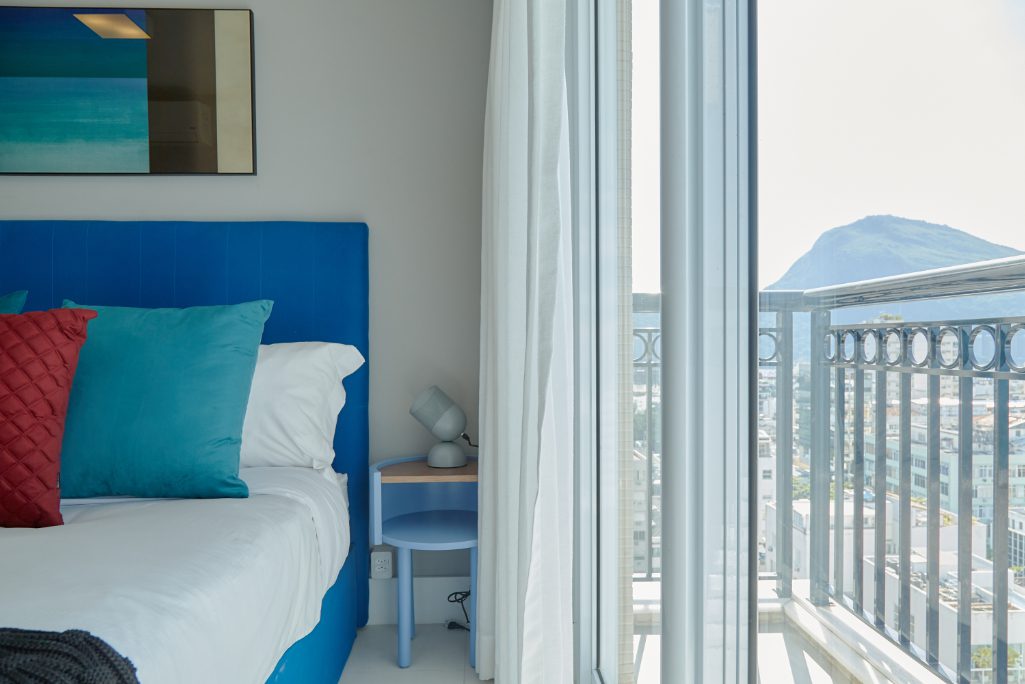Startup Casai Buys Its Way Into Serviced Apartments in a Play for Brazilian Business Travel

Skift Take
The conventional wisdom in the U.S. and Europe has been that business travel will be slow to recover easing out of the pandemic and that emerging markets in Latin America, such as Brazil, will have a snail-like rebound, too. Travel startup Casai is gambling that both ideas are wrong.
Casai, a Mexico City-based startup that professionally manages short-term rentals mainly for leisure travelers, is expanding into serviced apartments for corporate travelers, with a focus on making Brazil its largest market by year-end. Casai has acquired the Brazilian operation of the serviced apartments offered by the Danish company Q Apartments, the companies said on Friday.
The companies didn't disclose the terms of the deal and partnership.
"Brazil will be our biggest operating market after we double or triple in size there by the end of the year," said Casai CEO Nico Barawid. "And despite the prevailing narrative that corporate travel is dead, we've actually seen a lot of demand for corporate travel in the short-term rental product in Mexico and Brazil."
The deal is small, but it has broader implications in what it says about business travel's comeback in a different way, and about emerging markets that some experts in the U.S. and Europe have overlooked.
Q Apartments had used its staff to manage 140 units in Sāo Paulo. It will now outsource that work to Casai to manage all its listed properties. Brazil's O Estadão de S. Paulo first reported the news.
Q Apartments lists 65,000 apartments in its portfolio across 81 countries, and local contractors typically run the units. In a related move, Casai will become the primary operating

